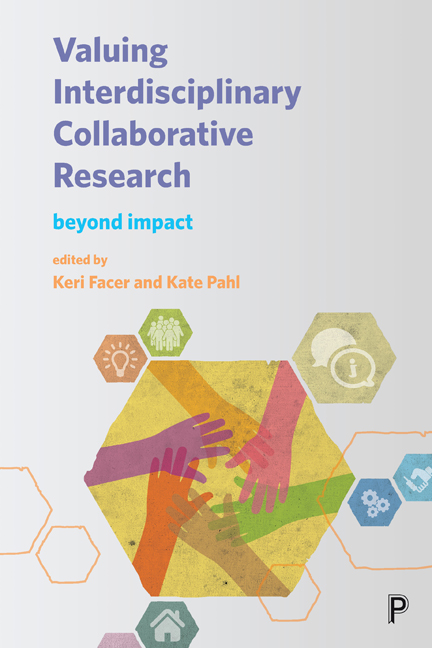Four - Socialising heritage/socialising legacy
Published online by Cambridge University Press: 05 April 2022
Summary
Introduction
At some point during our inaugural research team workshop we started to generate many different ideas about how to increase participation in heritage decision-making. We tried to keep track as the questions flowed by writing recurring words on pieces of paper, to be linked, connected and ordered at some later point. The words were in some ways not surprising. Heritage, of course. Stewardship. Custodianship. Expert. Leadership. Institutions. Ownership. Differences/Tensions. Scale. Personal. Values. Voice (‘+ not heard’, was added in another hand in biro). So far, so predictable. These words, after all, index the big conceptual challenges that have been identified to a greater or lesser extent in heritage policy, practice and its research for the last four decades. Yet as we spoke, each of these terms started to change in dimension. As the different people around the table gave examples, and checked they understood each other's contributions, the familiar words were in the process of gathering new uncertainties and ambiguities as well as new colours, textures, shapes and potentials.
We were brought together by a funding scheme that supported not just collaborative research, but also its collaborative design. While we did have a shared interest in our overall question ‘how should heritage decisions be made?’, we – as you will see by how we describe ourselves – came to this question, and our first workshop, from quite different places and different trajectories. To frame it in the language implied by this book, we carried with us different inheritances – legacies – from our disciplines, professional backgrounds, organisations and places. As such, the other crucial thing we had in common was an interest in the potential for rethinking ‘heritage’ offered by drawing on many different perspectives and working across hierarchies and institutional boundaries. We used both these shared commitments and our different perspectives to collaboratively design our project.
In this chapter we tell the story of our project with the aim of showing how our research emerged through dynamic connections between know-how generated through practitioner reflections, dialogue, characterised by conversations between us as a project team and conceptual innovation, in terms of the way this allowed us to think about heritage and decision making differently.
- Type
- Chapter
- Information
- Valuing Interdisciplinary Collaborative ResearchBeyond Impact, pp. 85 - 106Publisher: Bristol University PressPrint publication year: 2017



